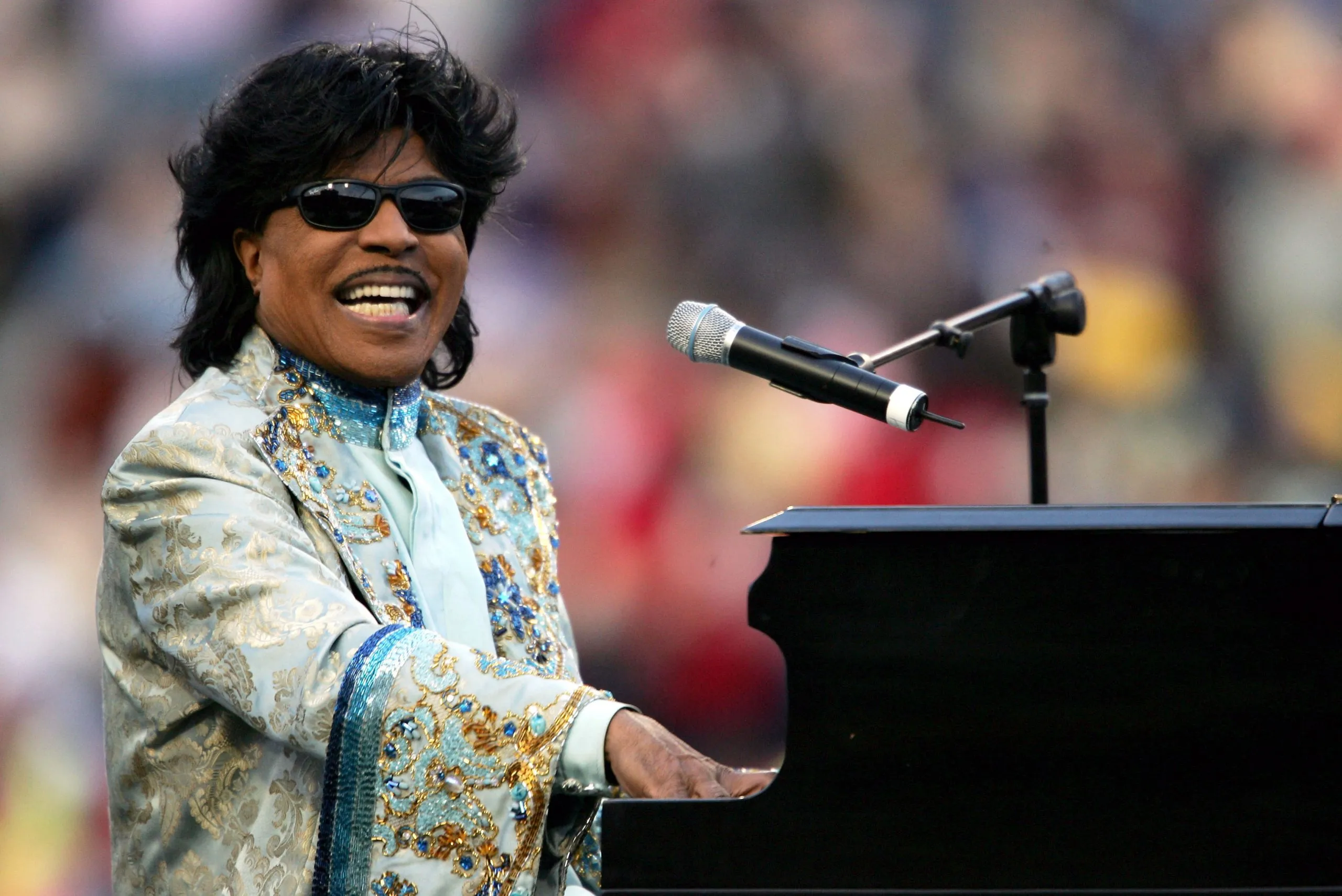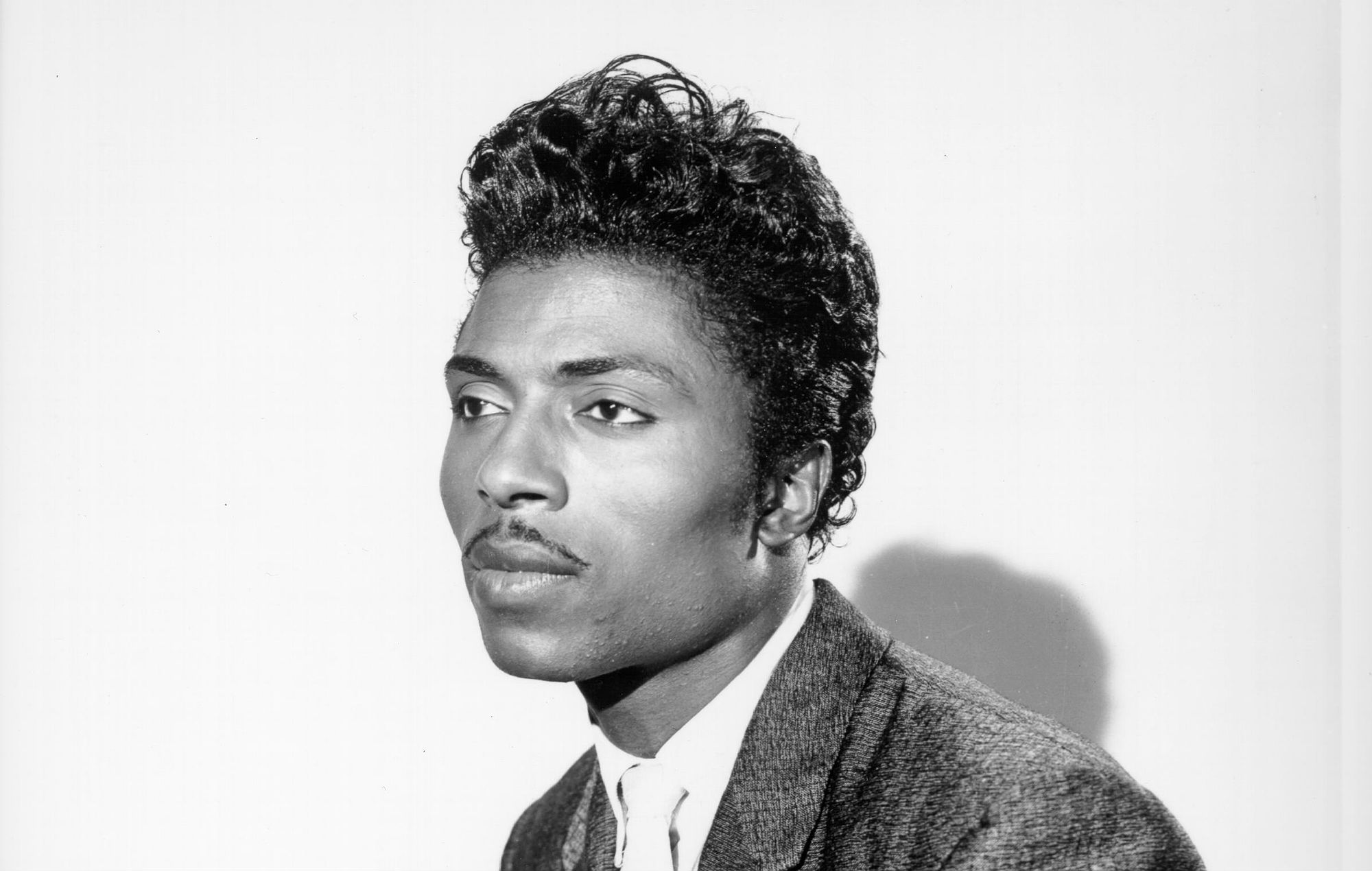Little Richard, born Richard Wayne Penniman on December 5, 1932, was an American singer, composer, and pianist who helped shape the rock ‘n’ roll landscape. Little Richard became a genre legend because of his colorful demeanor, dynamic performances, and pioneering songs.
His musical and cultural contributions to rock ‘n’ roll provided the groundwork for subsequent musicians and helped mold the genre into what it is today. His impact may be heard in innumerable performers’ passionate performances, colorful personalities, and boundary-pushing music. This article will look at the life, career, and legacy of this great artist.
Little Richard net worth

Little Richard, the legendary American singer, died on May 9, 2020, at the age of 87, leaving behind a substantial net worth of $40 million. This net worth includes the estimated value of his enormous catalog and publication rights, which provide cash long after his death. n addition to his musical achievements, Little Richard’s net worth was also influenced by his business ventures and investments. His catalog and publishing rights, which include the rights to his extensive discography, continue to generate income through royalties and licensing deals.
Little Richard Breakthrough Performance
Little Richard’s career got off in the mid-1950s with a succession of singles that would permanently revolutionize the music business. Songs such as “Tutti Frutti,” “Long Tall Sally,” and “Good Golly Miss Molly” highlighted his explosive voice, outrageous stage presence, and contagious enthusiasm. His high-energy performances attracted audiences and set the groundwork for the rock ‘n’ roll revolution, replete with his characteristic pompadour haircut and colorful clothes
Little Richard Career
Little Richard’s music was distinguished by his powerful voice, pounding piano skills, and synthesis of numerous genres. He fused rhythm and blues, gospel, and boogie-woogie to create a sound that was both catchy and revolutionary. His impact on future generations of artists cannot be overestimated. Little Richard has been mentioned by artists such as The Beatles, Elvis Presley, and Prince.
Little Richard’s influence extended beyond music. He encountered major hurdles as an African-American artist in the 1950s owing to racial segregation and prejudice. His popularity and unabashed self-expression defied traditional standards, paving the way for subsequent generations of black musicians. His flamboyant manner and frank comments about his sexuality, on the other hand, generated controversy and stretched limits in an otherwise conservative age.
Personal Life
Little Richard was born in Macon, Georgia, into a profoundly devout family. He began singing in church at a young age and gathered a love of music. Richard polished his abilities as a pianist and vocalist, merging gospel, blues, and boogie-woogie elements into his distinct style, inspired by performers such as Sister Rosetta Tharpe and Fats Domino.
Little Richard underwent a religious revelation after reaching enormous popularity in the late 1950s and momentarily abandoned the music profession to become a preacher. He returned to performing and recording in the 1960s, though, and influenced future generations of artists. Numerous honors, including inductions into the Rock and Roll Hall of Fame and the Songwriters Hall of Fame, were bestowed upon him for his contributions to rock ‘n’ roll.
Related: Violent J Net Worth 2023- A Look Into The Man Behind The Music!
Conclusion
Little Richard’s influence on the world of music is immense. He broke through barriers, defied cultural conventions, and had an everlasting influence on popular culture as a pioneer of rock ‘n’ roll. To this day, his electric concerts, captivating music, and shameless self-expression inspire and appeal to audiences. Little Richard will be recognized as the father of rock ‘n’ roll, a real icon whose impact will be felt for centuries to come.
